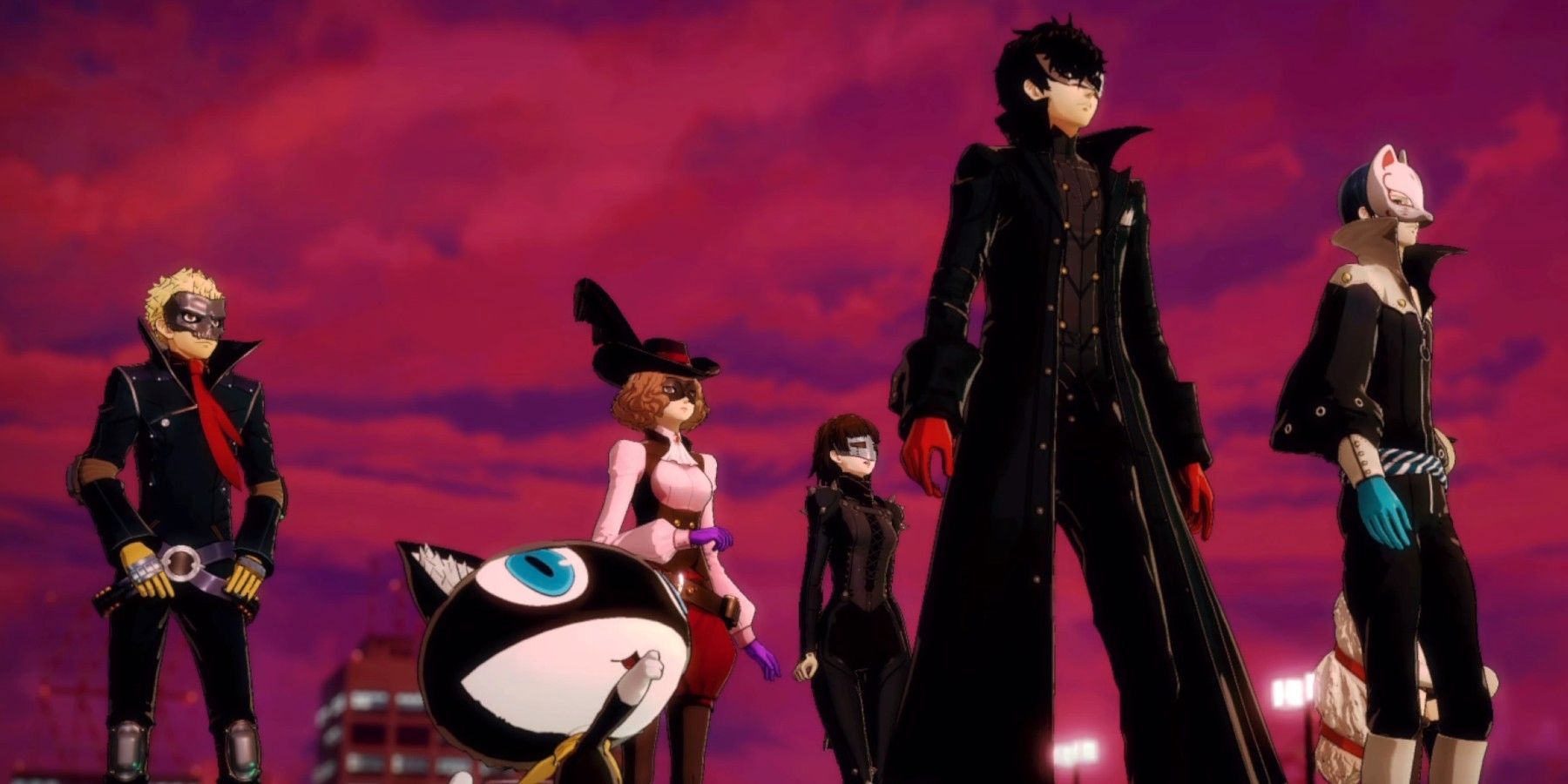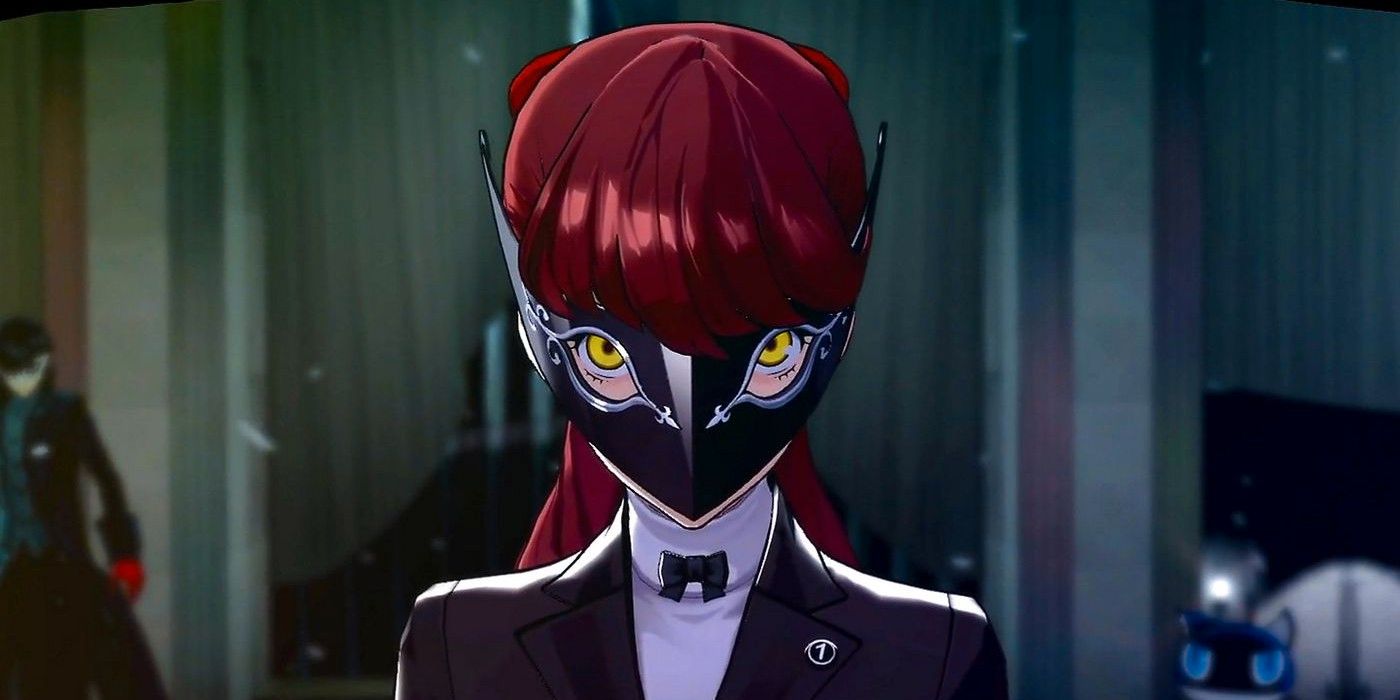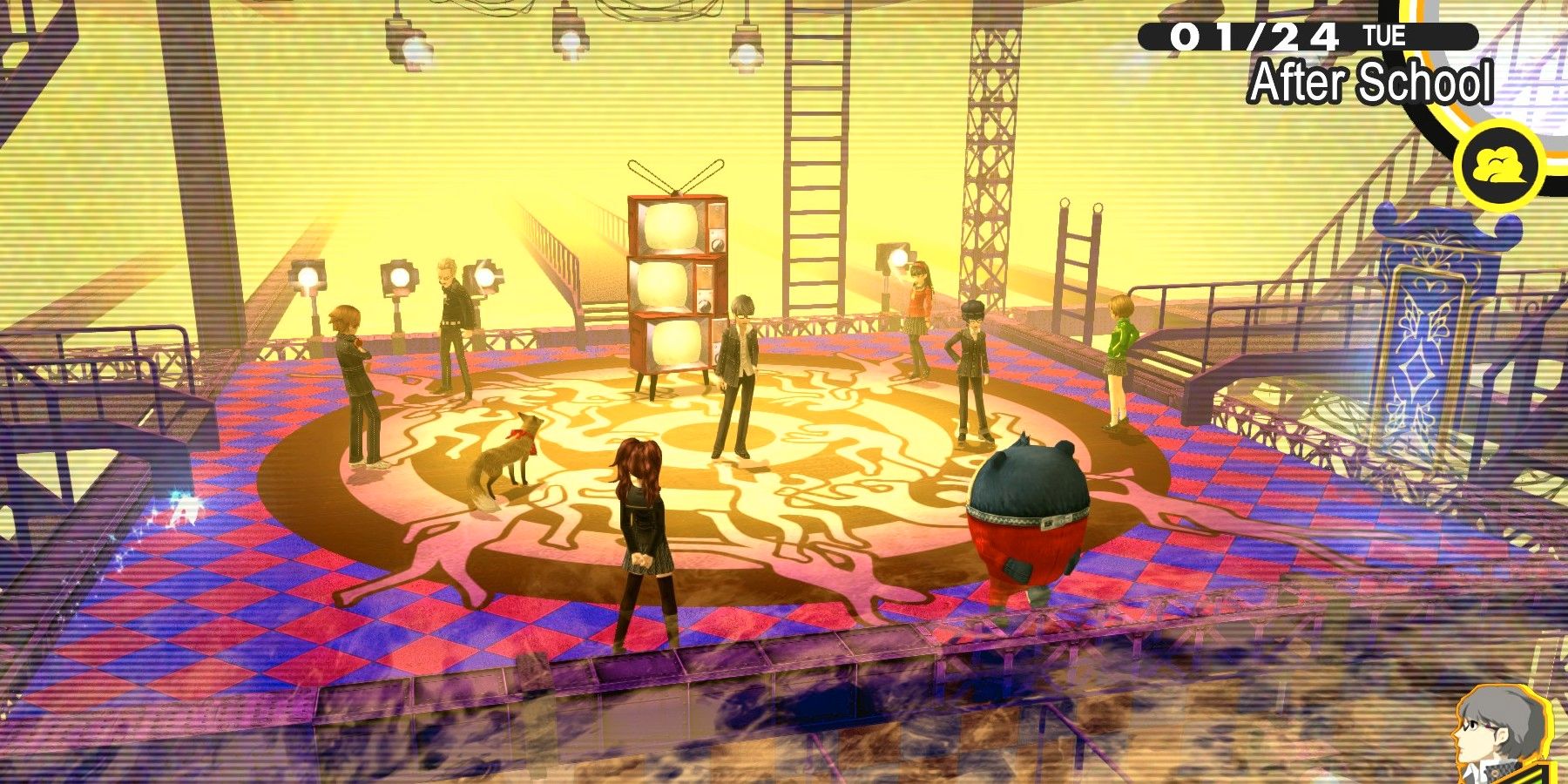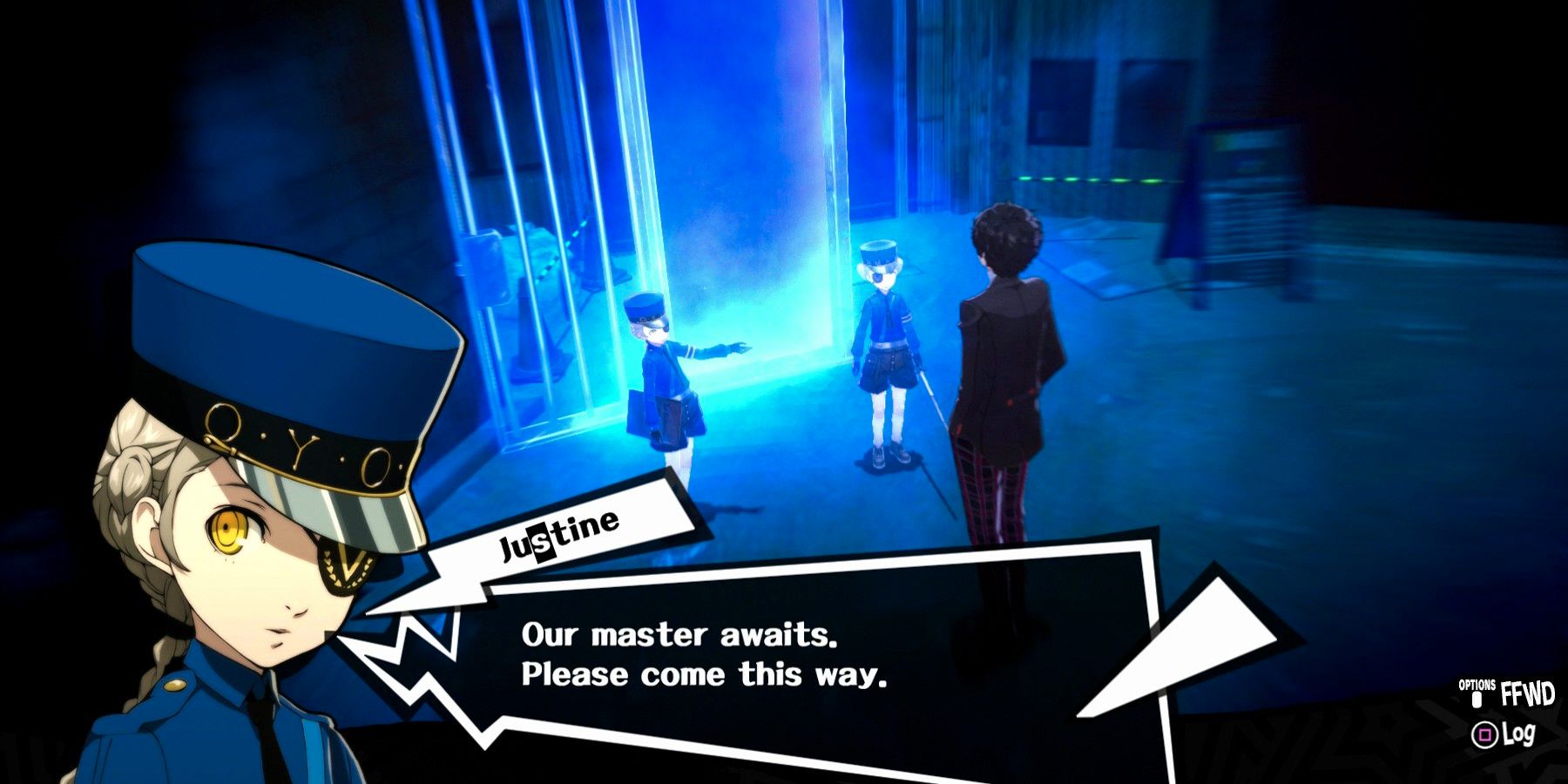The Persona series debuted back in 1996 and its main games include Revelations: Persona, Persona 2, Persona 3, Persona 4, and Persona 5. While the core installments are not directly related and have their own stories, they are connected by common psychological themes, which include archetypes, Jungian psychology, the collective unconscious, relationships, and identity versus expectations.
These themes are popular in academia and literature and are part of what makes Persona such a fascinating series, tying ideas about the human soul and how it creates meaning and identity to a fantastical setting and compelling characters. Such themes are big for a game about a group of teens to tackle, but Persona does a good job of it through its exploration of cognitive palaces.
RELATED: Why Persona 6 Could Leave Japan
Jungian Psychology In Persona

Carl Jung is a famous Swiss psychologist that practiced in the 20th century and sits next to Freud as one of the most well-known psychologists in history. He came up with the idea of the Collective Unconscious as well as archetypes, which are characters that exist in the unconscious human mind.
For any Persona player, Jung's ideas should sound very familiar. The games have the players fight against Shadows that were born from the darkness of the collective human unconscious. The personas themselves, such as Arsene and Carmen, are the embodiment of archetypes from various mythologies and cultures. The personas that characters like Joker and Ann summon are a part of their psychological being, which explains the whole quote the personas often say, "I am thou... Thou art I..."
Jung believed certain characters were instinctual in the human imagination, thus explaining why many cultures can have similar symbols with similar meanings. Examples of these archetypes are all over art and literature such as the Wise Old Man, Trickster, and Femme Fatale. Within Persona, the personas of a Valkyrie and Angel are examples of similar characters that somehow sprang up in different cultures.
But Jung's psychological theory extends past just the characters and their personas. Dungeons like Kamoshida's Castle and Shido's Cruiser take place in the minds of Persona's villains and are is full of Shadows resembling archetypes.
Identity And Masks

More than anything, personas are used as shields to protect themselves. When characters like Ryuji and Yusuke summon personas for the first time do so because of trauma. Along with their persona summon, they also summon a mask onto their face. Their awakenings appear painful. It is as though they have to break before they can summon Captain Kidd or Goemon. This dives into the theme of identity in Persona and how the universe of Persona uses identity both as a weapon and as protection.
RELATED: Every PlayStation Rep in Super Smash Bros. Ultimate
Jung himself actually wrote about personas and masks, and it is a fascinating comparison to Persona's approach of the persona power. Jung believed that personas were often psychologically summoned by regular people as a defense against the outside world. That people unconsciously would play the role of a persona in very public places like school, work, and the mall because the external world is a place of judgment and we have to adapt to an expected role in society. Of course, for Jung, these personas were not actual physical manifestations like shown in the Persona franchise.
Knowing what Jung wrote about personas and masks, it is easy to see that the Persona series is a symbolic reflection of everything he theorized. Joker and his friends are outsiders who do not play by society's expectations. Due to that, they are able to summon powerful personas when pushed to the brink of a breakdown. The personas are protectors against the outside world, and according to Jung, that is not exactly an issue to be fixed because it is what people naturally do to survive in day-to-day society.
How Relationships Build The Self

Since Persona 3, building relationships with Confidants has been a core mechanic of the franchise. Joker can seek out friends and build a bond with them in Persona 5, which also strengthens his team by unlocking various rewards that range from a stronger persona to bonus experience.
This mechanic leads to another major theme in the series: relationships and how they shape the characters. Identity is not usually forged alone, but often through relationships with others. Different characters offer an introduction to different information and activities. For example, Hifumi Togo makes it possible to become a better strategist by playing Shogi with her. Forming bonds with characters like Yuuki Mishima and Sojiro Sakura forms a sense of community, one where the player is being raised by a village of unique NPCs.
It is up to the player how to spend Joker's free time, and which characters they want to learn more about. While Joker is silent for the purpose of the players feeling more like they can see themselves in them, the characters he hangs out with go through a lot of self-discovery and change from the relationship. Even Joker himself goes through change, but that's mostly shown through the strength gained in gameplay mechanics from the reward of boosting the relationship.
Even this theme ties into Jung, as one of his famous quotes, are "The meeting of two personalities is like the contact of two chemical substances: if there is any reaction, both are transformed."
Existentialism And Freedom

Another major theme of the series is freedom. There is always resistance to power structure from the protagonists. In Persona 5, the idea of freedom gets quite existential, as the collective unconscious of man creates its own prison because, in an odd twist, they want to be free of freedom. This creates an existential question: what really is freedom? Can freedom never be real, because freedom chains others to be responsible for their choices?
Joker and his friends, being outsiders and rebels, reject this fear of freedom. They want to be free to choose the path they want without an authoritative rule forcing them into one. But it shows that freedom is not easy, they have to overcome hard obstacles such as social anxiety, reconciling with others, and cutting ties with toxic family figures. They have to overcome their own weaknesses. Persona 5 showed that freedom actually takes a lot of work and responsibility to the point that some people are afraid of it.
Persona 5 Royal is out now for PS4.
MORE: Perfect Crossovers for Persona 5's Morgana After Super Monkey Ball: Banana Mania

